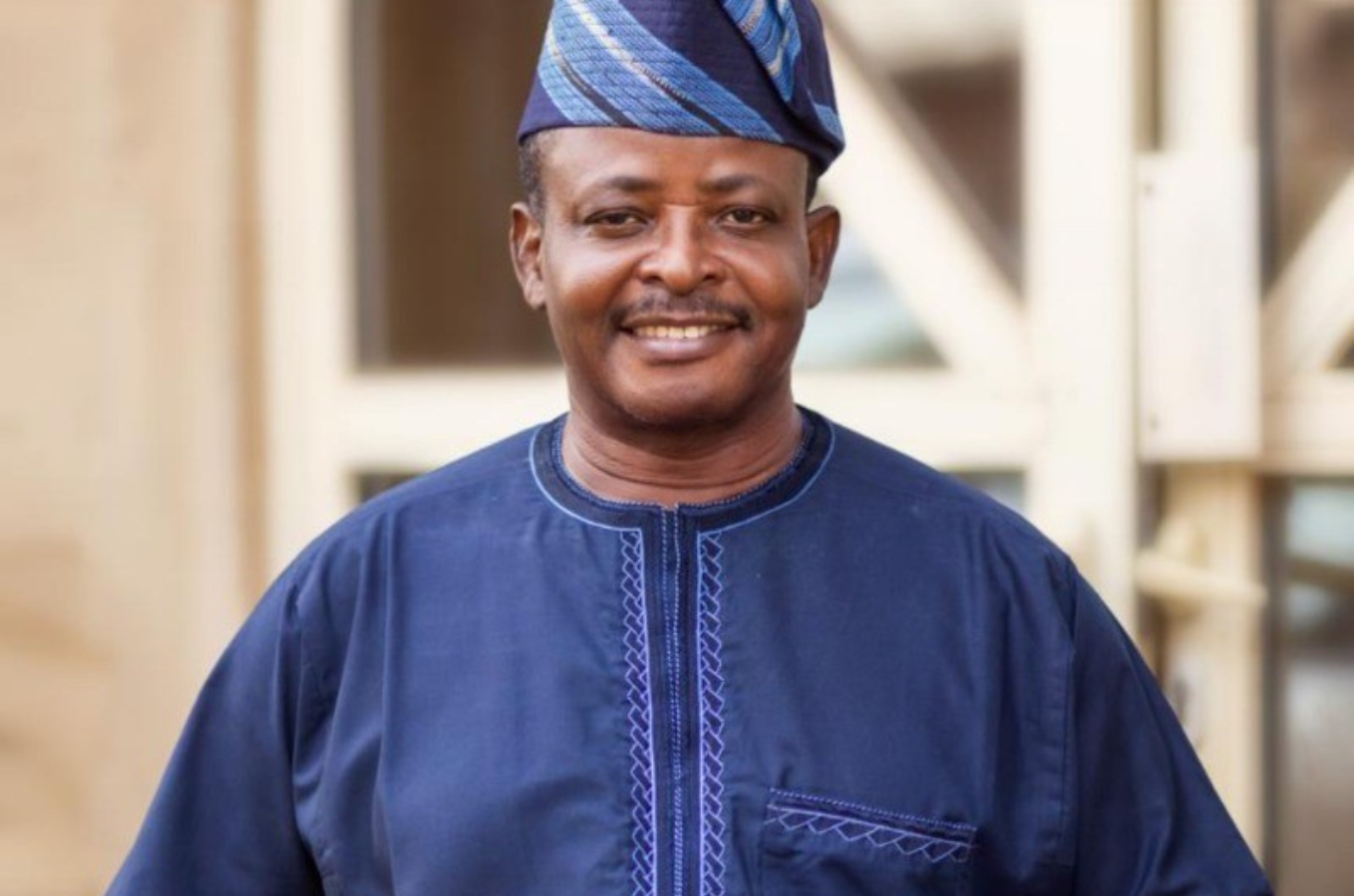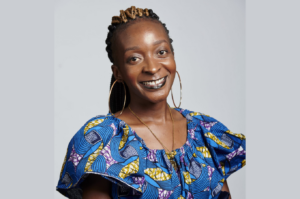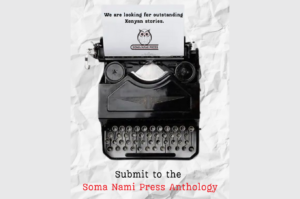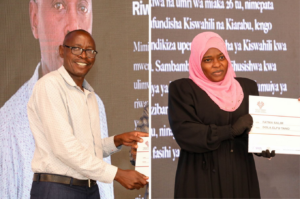
Nigerian academic Olutayo Adesina has been awarded one of eight Global Professorships, worth over $1 million USD by the British Academy,
The British Academy’s Global Professorships are large investigator-led awards to attract internationally recognised established scholars to work in the United Kingdom, to undertake new, coherent and cutting-edge research projects. The Academy provides up to £900,000 per award and each project runs for up to four years.
The latest cohort of Global Professors will undertake research on a range of diverse issues, including the development of novel food system models to benefit society and the exploration of West African communities’ history through museum collections.
Olutayo Charles Adesina is a professor of history at the University of Ibadan. His research interests are in the fields of economic history of West Africa, history of development, and Nigerian history. He has written Nigeria in the Twentieth Century: History, Governance and Society (2017) and is currently completing a book-length manuscript on The Indian Diaspora in Nigerian History, Economy and Political Power Relations.
Adesina’s Global Professorship project is titled “The Town and Gown Interface: Ibadan and the Decolonisation of Social Knowledge in the 20th Century”. He received £879,117 and will be working with the University of Manchester.
Read his project description below:
In the 1950s, the University College Ibadan (UCI) became the epicentre of a historiographical revolution that directly shaped the evolution and growth of the Nigerian nation-state, a movement that became an early instance of the decolonisation of knowledge. How did the academic, social, intellectual, and political beacon at UCI address the concerns and realities of ordinary people? To what extent was the work of academic historians and social scientists at UCI shaped by indigenous, vernacular epistemologies? The city of Ibadan had its own, rich and distinctive, cultural and intellectual identity. This project studies for the first time the interplay of nationalist historiography, academic social science, and vernacular knowledge as mutually constitutive social epistemologies. The project combines a close study of key works in history and related disciplines such as sociology, anthropology, ethnomusicology, language and literature with extensive interviews and fieldwork in the city of Ibadan, Southwest Nigeria.
Congratulations to Adesina on this major achievement!









COMMENTS -
Reader Interactions